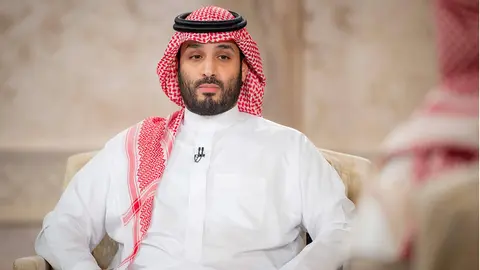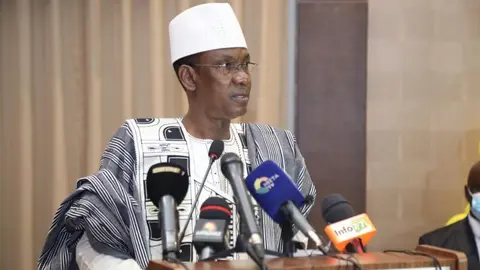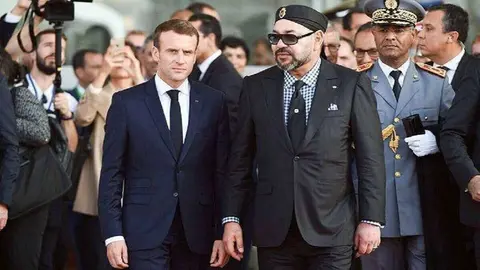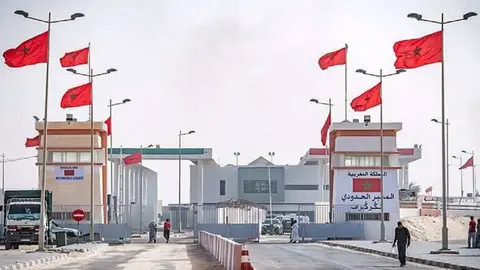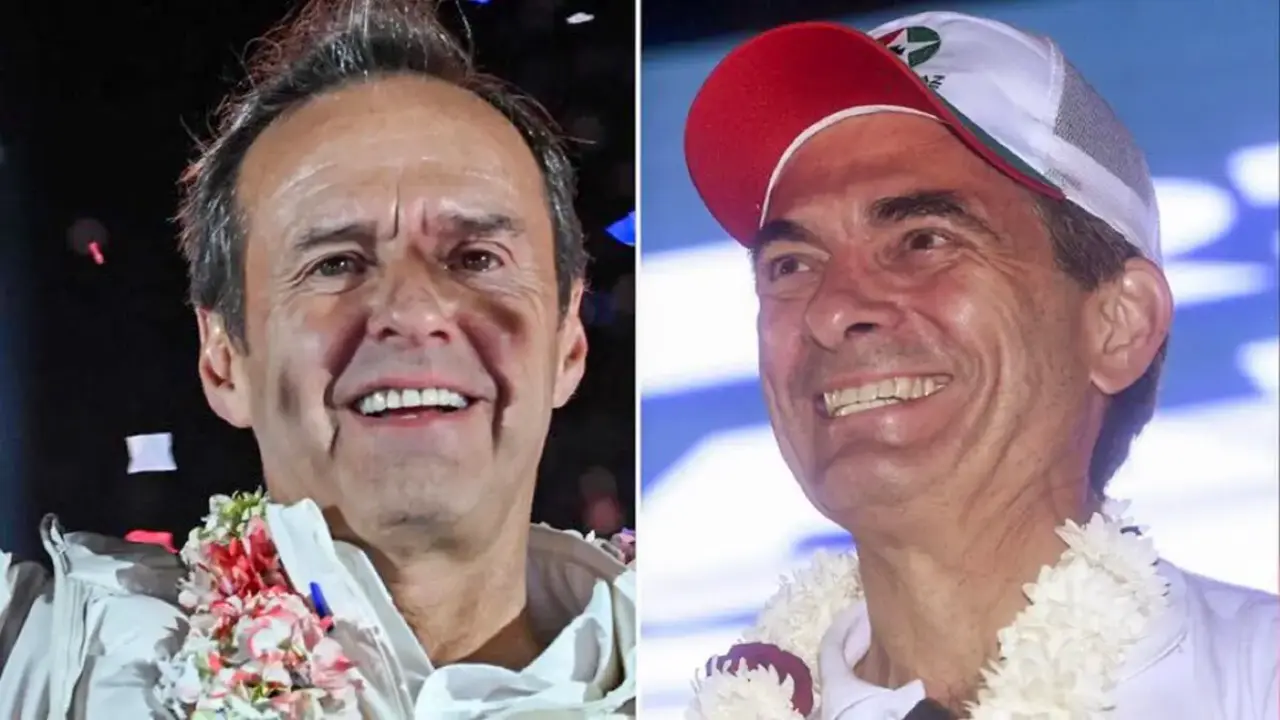International backing for Morocco's territorial integrity increases
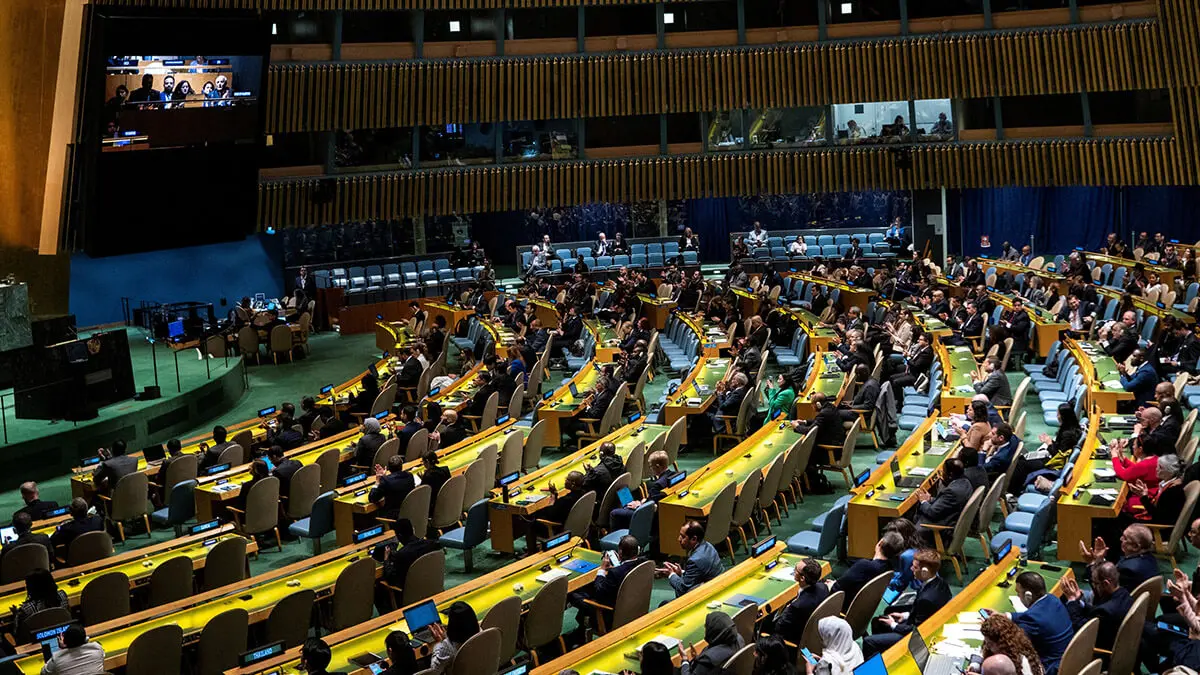
- Côte d'Ivoire denounces the humanitarian situation in Tindouf
- Papua New Guinea praises Moroccan investment in Western Sahara
Several nations have recently reaffirmed their unwavering support for Morocco's position on Western Sahara, in particular the viability of the autonomy plan presented by Rabat to end the conflict.
These countries, including Guatemala, Guinea and Burundi, expressed their support during the ordinary sessions of the C-24 held from 10 to 11 June.
Carla Maria Rodriguez, Guatemala's permanent representative to the UN, stated that Guatemala considered the autonomy initiative presented by the Kingdom in 2007 as a "realistic, credible and serious basis for a negotiated solution between the parties within the framework of respect for the territorial integrity and national sovereignty of the Kingdom".
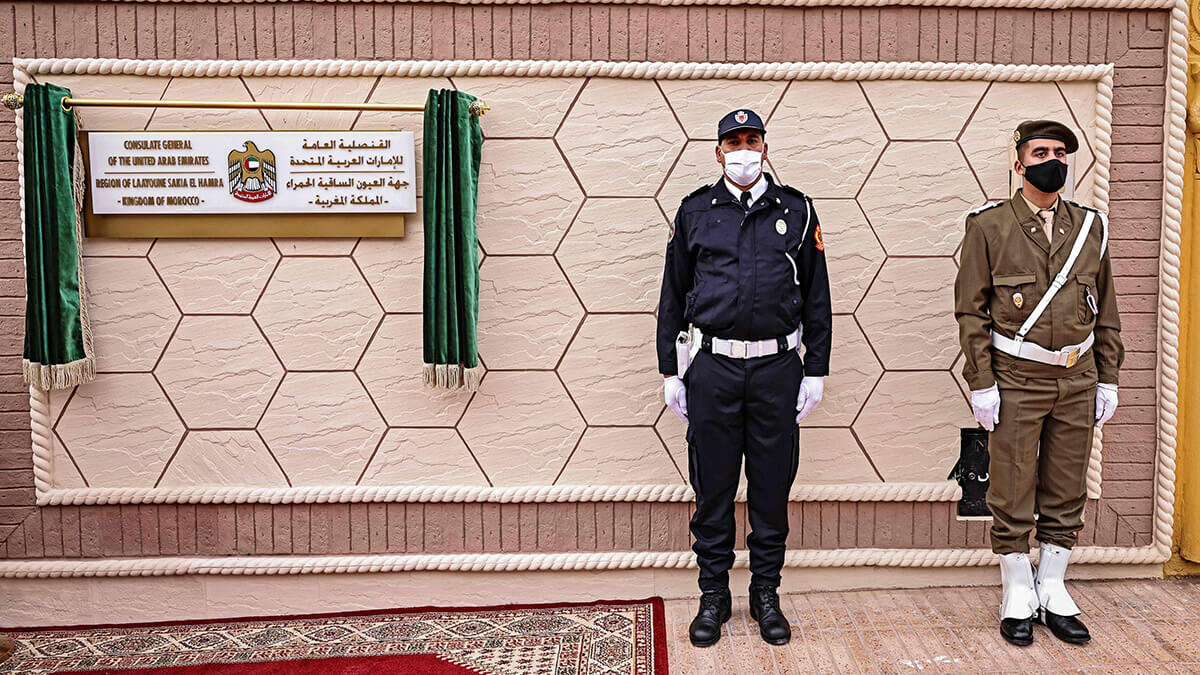
It also underlined the value of Morocco's efforts to seek a just and lasting political solution to the regional conflict, commending also the work of the UN Secretary-General and his envoy for Western Sahara in facilitating the revival of the political process.
For its part, Guinea also reiterated its support for Morocco's autonomy initiative as a "compromise" solution to end the dispute.
According to Guinea's permanent representative to the UN, Paul Goa Zoumanigui, this initiative "complies with the principles and norms of international law, the UN Charter and UN resolutions, with the aim of finding a favourable solution to this long-standing regional dispute".
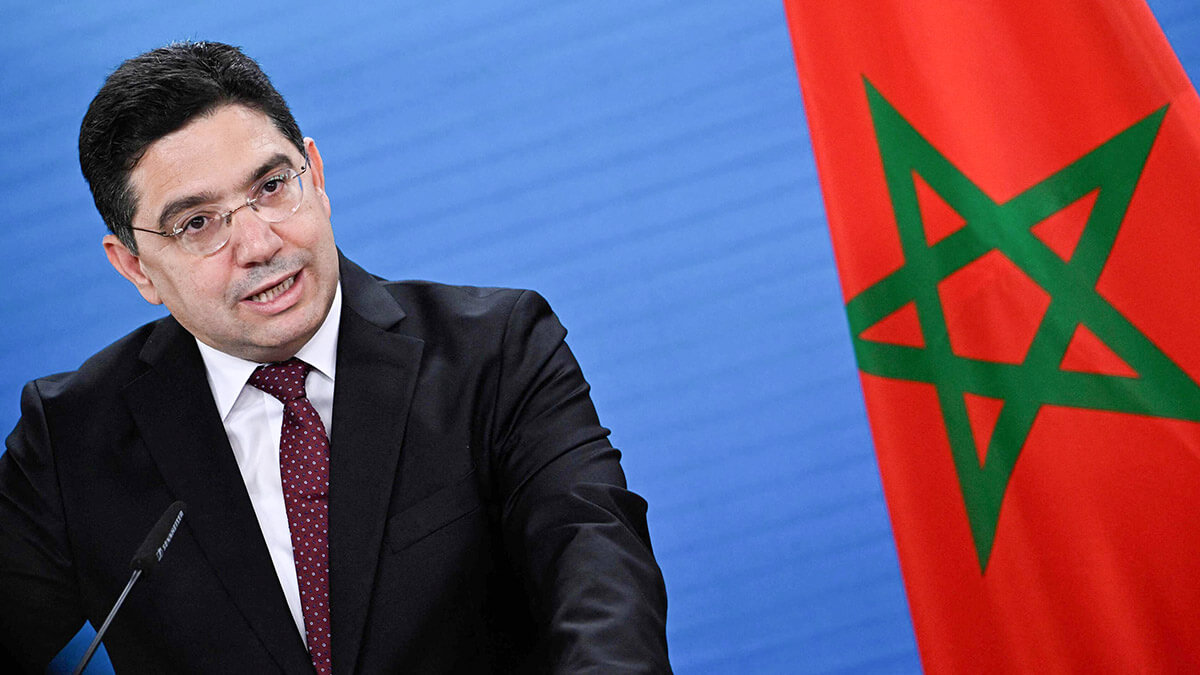
Burundi expressed similar sentiments, praising the opening of consulates general of Arab, American and Asian countries, as well as regional organisations, in Laayoune and Dakhla in southern Morocco.
Other nations made similar comments during the C-24 regular sessions, including Antigua and Barbuda, Senegal, as well as GCC (Cooperation Council for the Arab States of the Gulf) countries, which reiterated their support for Morocco's territorial integrity and sovereignty over Western Sahara.
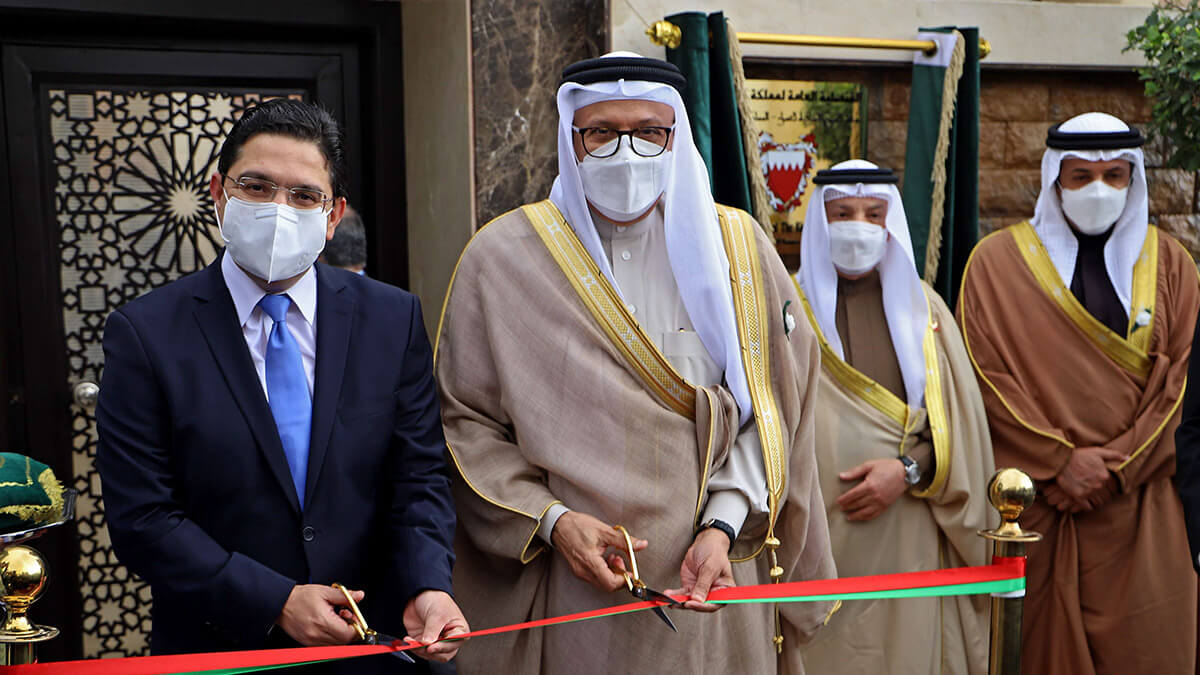
More than 107 UN member states support the Moroccan proposal. These include Côte d'Ivoire, which considers the plan a "credible, relevant and unique" solution. It focuses on the transfer of "important and multiple prerogatives" to the Sahrawi population.
Côte d'Ivoire denounces the humanitarian situation in Tindouf
The African country's representative to the UN, Tiemoko Moriko, also praised Morocco's progress on human rights, including the strengthening of human rights commissions in Western Sahara and cooperation with UN human rights bodies.
The Ivorian diplomat also called for the resumption of round tables between Morocco, Algeria, Mauritania and the Polisario Front. These talks, held in 2018 and 2019, were considered a positive step, so Moriko believes they should continue "in the same format and with the same participants".

For this process to succeed, Moriko stressed the importance of all parties demonstrating "realism, a spirit of compromise and good faith" in order to achieve a lasting solution, echoing the recommendations of the UN Security Council.
The Ivorian representative also used the session to denounce the human rights situation in the Tindouf refugee camps in Algeria, administered by the Polisario. In this line, Moriko called for a population census, following the recommendations of the United Nations Refugee Agency (UNHCR) and the relevant Security Council resolutions.
Papua New Guinea praises Moroccan investment in Western Sahara
Papua New Guinea, through its ambassador to the UN, Andrew Dopeke, has expressed a similar view, expressing concern about the human rights situation in the Tindouf camps, in particular the violations affecting women and children.
Like his Ivorian counterpart, Dokepe also called on Morocco, Algeria, Mauritania and the Polisario Front to resume the round tables in accordance with Security Council resolution 2703 with the aim of achieving a negotiated and mutually acceptable political solution.
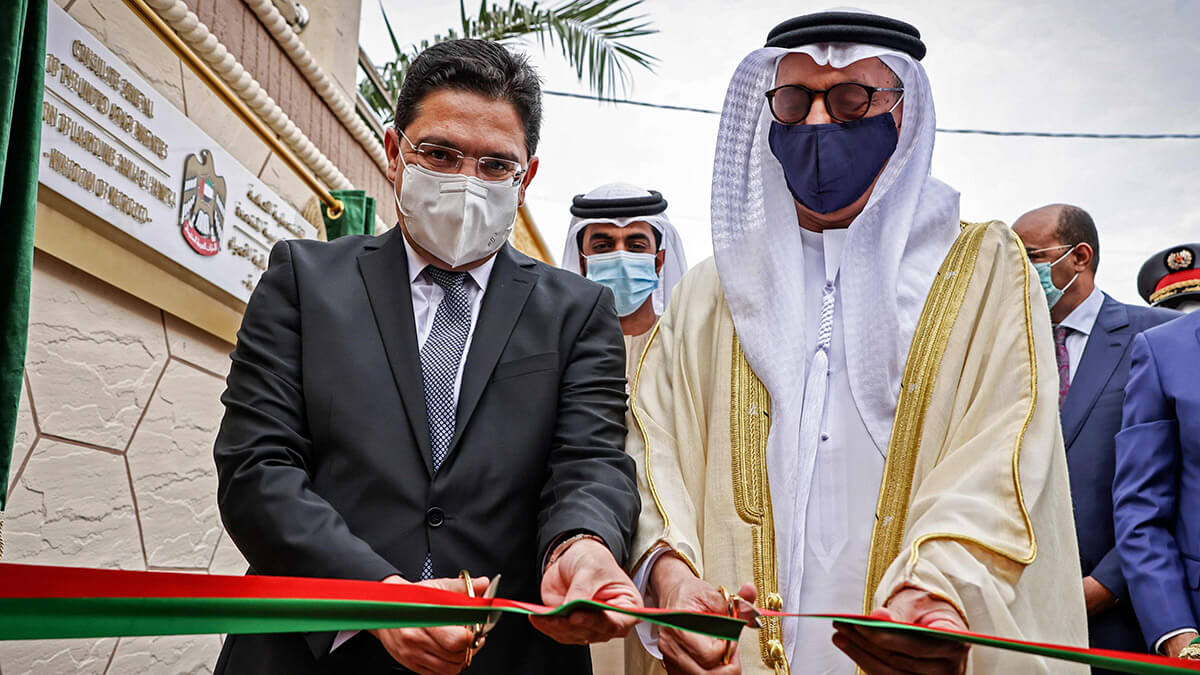
Reiterating support for Moroccan sovereignty over Western Sahara, the diplomat underlined the important investments made by Morocco in infrastructure in the region, which have improved the living conditions of citizens.

